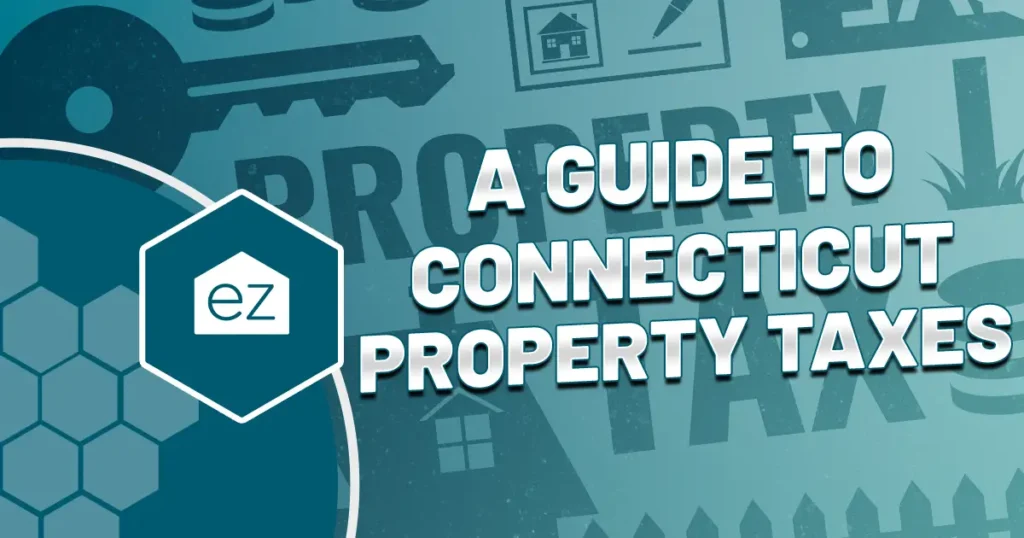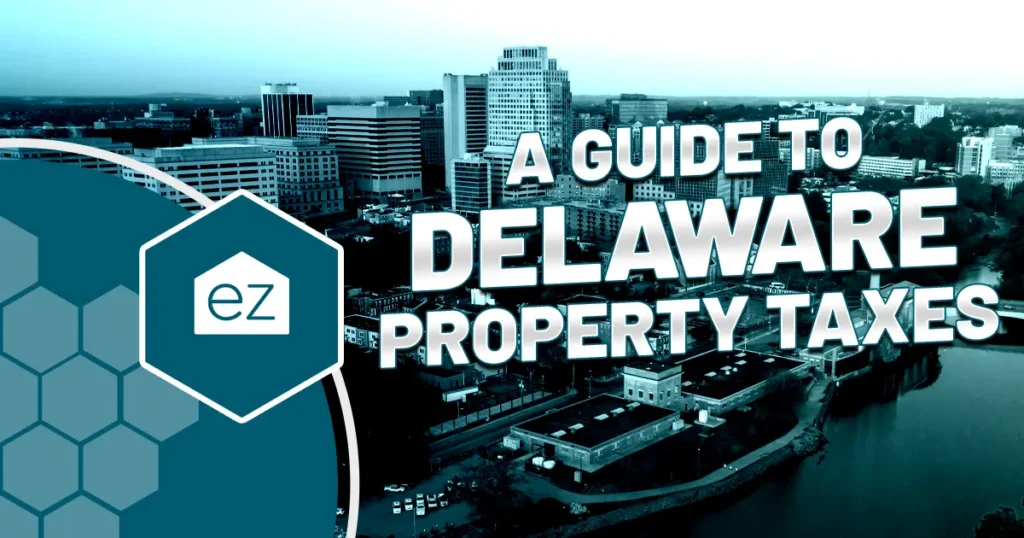Your Guide to Louisiana Property Taxes
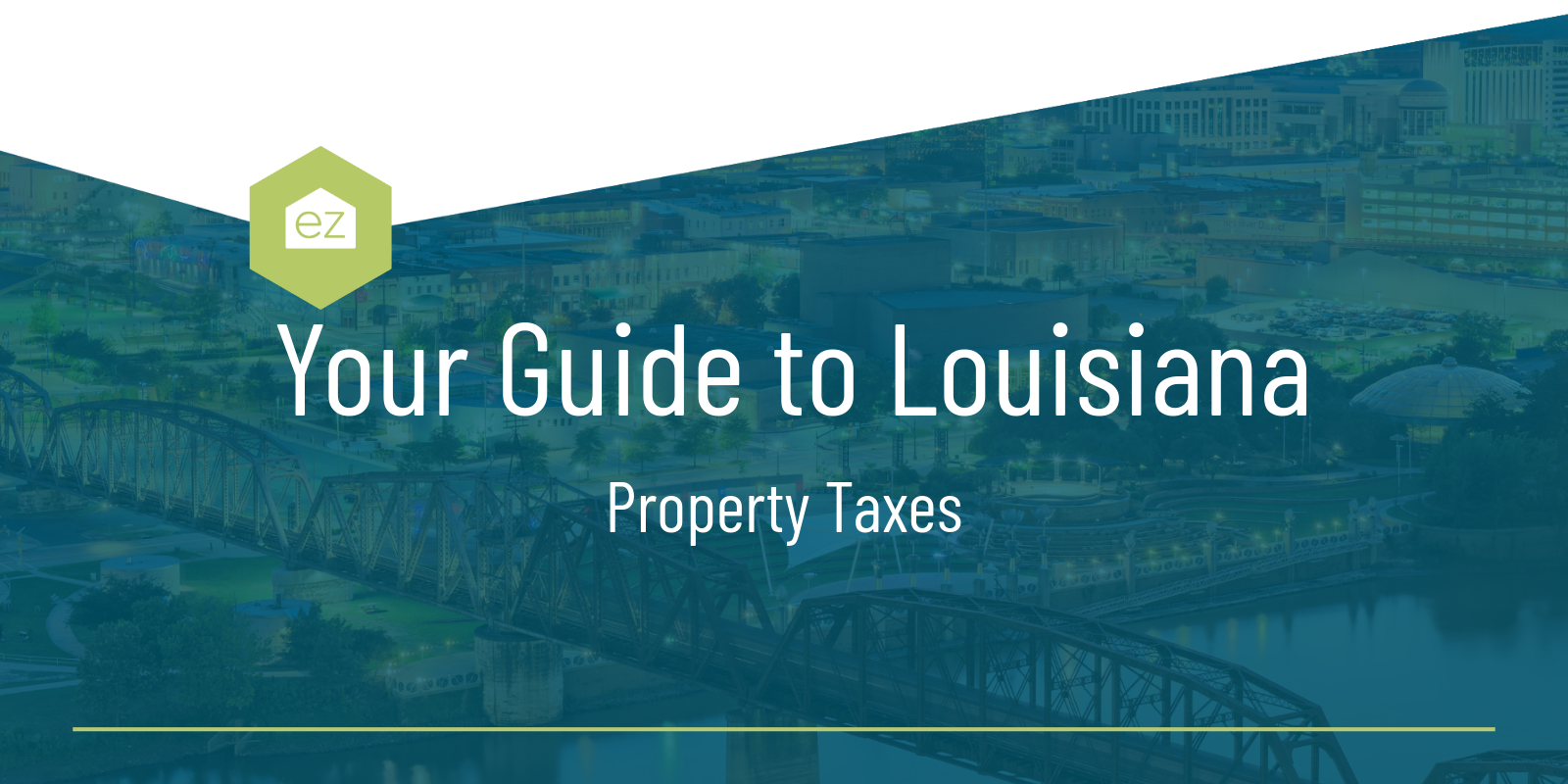
Your Guide to Louisiana Property Taxes
Property taxes are a part of homeownership in any state you live in. As these increase your living costs, it’s good to know how they are assessed in the area where you want to live. After all, states with a low tax burden are more affordable places to live long-term.
Enter Louisiana. This state has one of the lowest tax burdens in the nation, with only Hawaii, Alabama, and Colorado having a lower effective tax rate. But that doesn’t mean the tax assessment is low across the state.
If you understand how the property tax system works, you can ensure that you’re paying the right amount and finding cost savings. Louisiana has three main components of property tax: millage rates, assessed values, and exemptions. We’ll explain all three so you can make the best decision when it comes to buying a Louisiana home and paying state property taxes.
How Louisiana Property Taxes Work
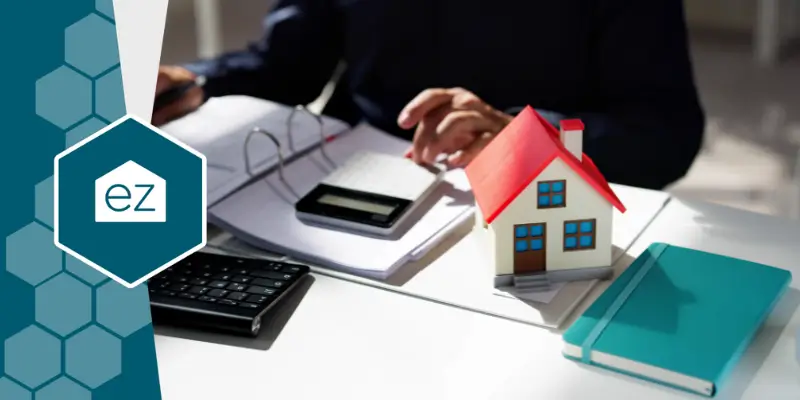
Property taxes in Louisiana are overseen by the Louisiana Tax Commission. Louisiana state code also refers to property taxes as “ad valorem” taxes.
All real property is subject to taxation, including residential real estate. Parishes, municipalities, and special taxing authorities like school districts or fire districts can levy property taxes. The monies help fund local infrastructure projects, public services, and schools.
For example, a homeowner in Orleans Parish could pay property taxes to:
- Fire/Police Services
- Library
- Bond Interest & Redemption
- Sewer & Water
- Orleans Parish School Board
- Early Childhood Education
- New Orleans Recreation Development Community
- City Park Improvement Association
- Orleans Levee District or Algiers Levee District
What you’ll pay is based on the assessed value of a property. This is the amount that local authorities believe your property is worth based on real estate market trends, sales of comparable properties, property improvements, and other factors.
The assessed value is then multiplied by the millage rate. In Louisiana, one mill is 1/10th of a 1 percent, or $1 for every $100 in value. So if your millage rate is 200, and the taxable value is $20,000, you’d pay $4,000 in taxes.
How Louisiana Assesses Property Values

Louisiana splits a property’s assessed value into two parts: land and improvements. The former includes bare land with no real estate improvements, while the latter considers any structures and other improvements made on the land, such as a primary residence.
The Louisiana Tax Commission sets the assessment ratio for each Louisiana parish, which is the percentage of how much of a property’s fair market value should be taxed. Louisiana’s assessment ratios range from 10 to 25%, depending on the property classification. For residential real estate, it is 10% for the land and 10% for improvements for residential purposes.
Each Parish has an elected Assessor responsible for establishing fair market values in their Parish. They must follow the guidelines established by the state.
Additionally, every four years the Assessors must reassess real property. The assessment is carried out by the Parish’s taxing authority. The next reassessment is scheduled for 2024.
Louisiana has stipulated that if the new tax assessment value has increased by 50% or greater from the prior year, the assessor must phase in the new tax liability. The prior year’s tax burden will be the “base amount,” and 25% of the increased amount will be applied in the new year. The following year will increase by base amount plus 50% of the taxing increase, and the third year will be the base amount plus 75%. In year four, the owner will pay the entire tax liability. This phase-in is canceled if the property is transferred, and the new owners will start with the full tax liability.
Where to Find Louisiana Millage Rates
The millage rates are not set by the County Assessor but by the local taxing authority.
The Louisiana millage rates for the various Parishes and taxing jurisdictions can be found on the Louisiana Tax Commission’s website. The legislature has limited state property taxes to not exceed 0.575 per $1.
State law provides that the tax collected in the year following a reassessment is adjusted so that it is equal to the tax collected the previous year on the same property tax base. The millage amount is then adjusted up or down to satisfy this requirement. If the millage is lowered because of an increase in property values, it may be “rolled up” to the prior year’s millage after a public hearing and approval by a 2/3 vote of the taxing authority.
You can find what millages specifically apply to you by going to the local assessor’s office and searching the property address. Depending on where you live, you could be subject to multiple taxing authorities.
Paying Louisiana Property Taxes
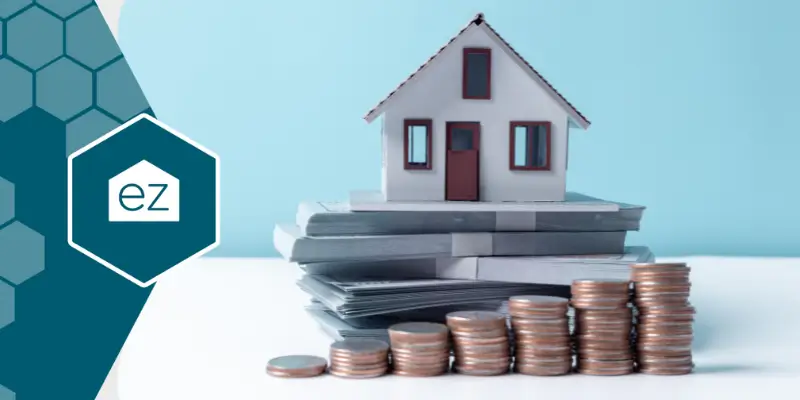
In Louisiana, property tax bills are mailed sometime in mid-November to the January 1 owner. They are due by December 31 of that year. Some Parishes designate the local Sheriff’s office as the tax collector.
Some Louisiana Parishes provide an online portal where taxpayers can make payments, view their tax statements, and manage their accounts. Others require you to mail them. A few Parishes allow you to pay in installments throughout the year, depending on your Parish’s tax system and payment plan.
Suppose you bought a property after January 1. In that case, the taxes are still owed on that property even if you do not receive notice. Not all Parishes will prorate taxes; that will need to be negotiated between sellers and buyers.
Failure to pay on time can result in interest and penalties added to your taxes. These can accumulate each month until the tax is paid in full. Louisiana also has a tax sale system where it can issue a tax lien certificate on the property and sell it at a public auction. The highest bidder can win the certificate. If you do not pay off the debt within three years, they can foreclose on your home.
Louisiana Homestead Exemptions
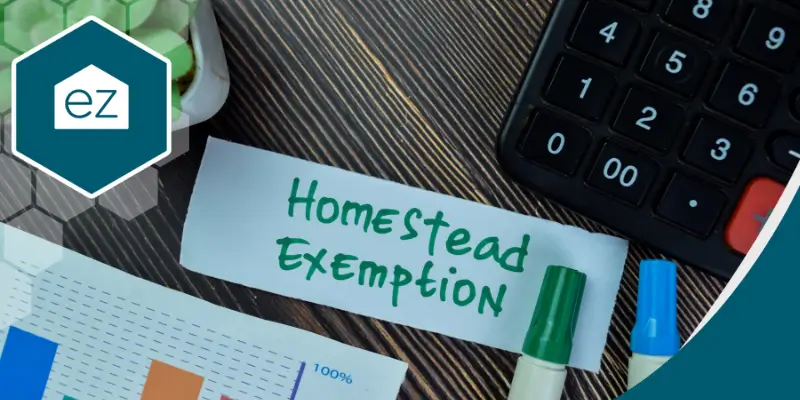
The Louisiana homestead exemption is a property tax exemption for Louisiana homeowners. This exemption allows Louisiana residents to exempt up to $7,500 of the assessed value of their residential property from taxation. This exemption does not apply to municipal taxes, except in Orleans Parish, and for any municipal school taxes.
Louisiana also offers additional homestead exemptions for homeowners over 65, certified disabled, and/or service-disabled veterans. The Senior Citizen Special Assessment Level and Disabled Veterans Exemption lock in the initial property value for as long as that exempt owner occupies the property and receives less than $100,000 in income as reported on their Federal Tax Return. Starting in 2026, this amount will adjust according to the Consumer Price Index.
To apply for this special assessment, contact the local parish assessor for where the property is located. To obtain the Age Freeze, you need to be at least 65 by December 31 of the year you want the special assessment freeze.
Anyone under 65 who meets the special assessment criteria will need to provide proof that their income is under the income limit of this exemption unless they are permanently disabled.
Who pays the most in property taxes?
At an average effective rate of 0.55%, Louisiana residents pay very little in real estate taxes. Based on the state’s housing values, the average homeowner paid just $890 in taxes in 2022. This is significantly lower than the US national average of $2,471 for annual property taxes!
But not all Parishes are created equal. Based on the average amount paid by taxpayers, the highest property taxes were owed in:
- St. Tammany Parish (Covington, Sidell, Lewisburg)
- Orleans Parish (New Orleans)
- St. Charles Parish (St. Rose, Hahnville, Paradis)
- Jefferson Parish (New Orleans, Grand Isle, Metairie)
The lowest taxes were paid in:
- St. Landry Parish (Opelousas)
- Union Parish (Farmerville)
- Madison Parish (Talullah, Delta)
- Vermillion Parish (Abbeville)
Appealing Your Louisiana Property Taxes
Louisiana allows property owners to appeal their property taxes for reassessment if they feel that the assessed value of their property is not accurately reflected in the documents. The tax rolls are made public for 15 days between August 1 and September 15. This is the owner’s chance to review the changes in their property values.
If you disagree with the valuation, an appeal starts by filing a “Notice of Appeal Request For Board of Review” with the Parish Tax Authority. Each Parish has its own procedures, so you’ll want to check with them, but the Board of Review will overlook your case and make a decision.
If you’re not satisfied with the Parish determination, you can next appeal with the Louisiana Tax Commission as long as the appeal is done in a timely manner.
You can’t appeal the millage rate, only the property’s value.
Take Advantage of Low Louisiana Property Taxes
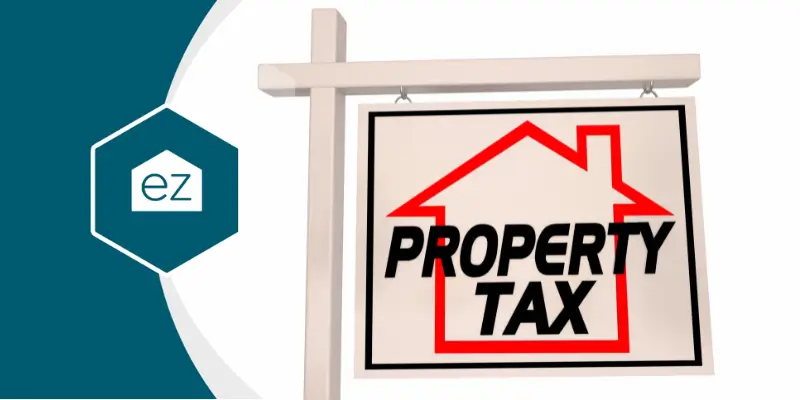
Louisiana property taxes are lower than the national average, making Louisiana an excellent state for homeowners looking to save. Plus, property values are below the national average. If you’re interested in living in Louisiana, a local real estate agent can help you find the right community to call home.
The information in this article is intended to inform but not serve as tax advice. For that, seek a taxation professional or certified public accountant.
Start Your Home Search
Preston Guyton
Share this Post
Related Articles
City Guide
Your EZ Guide to Moving to Arkansas
City Guide
A Guide to Connecticut Property Taxes
City Guide
What to Know About Living in Atlantic City
City Guide

